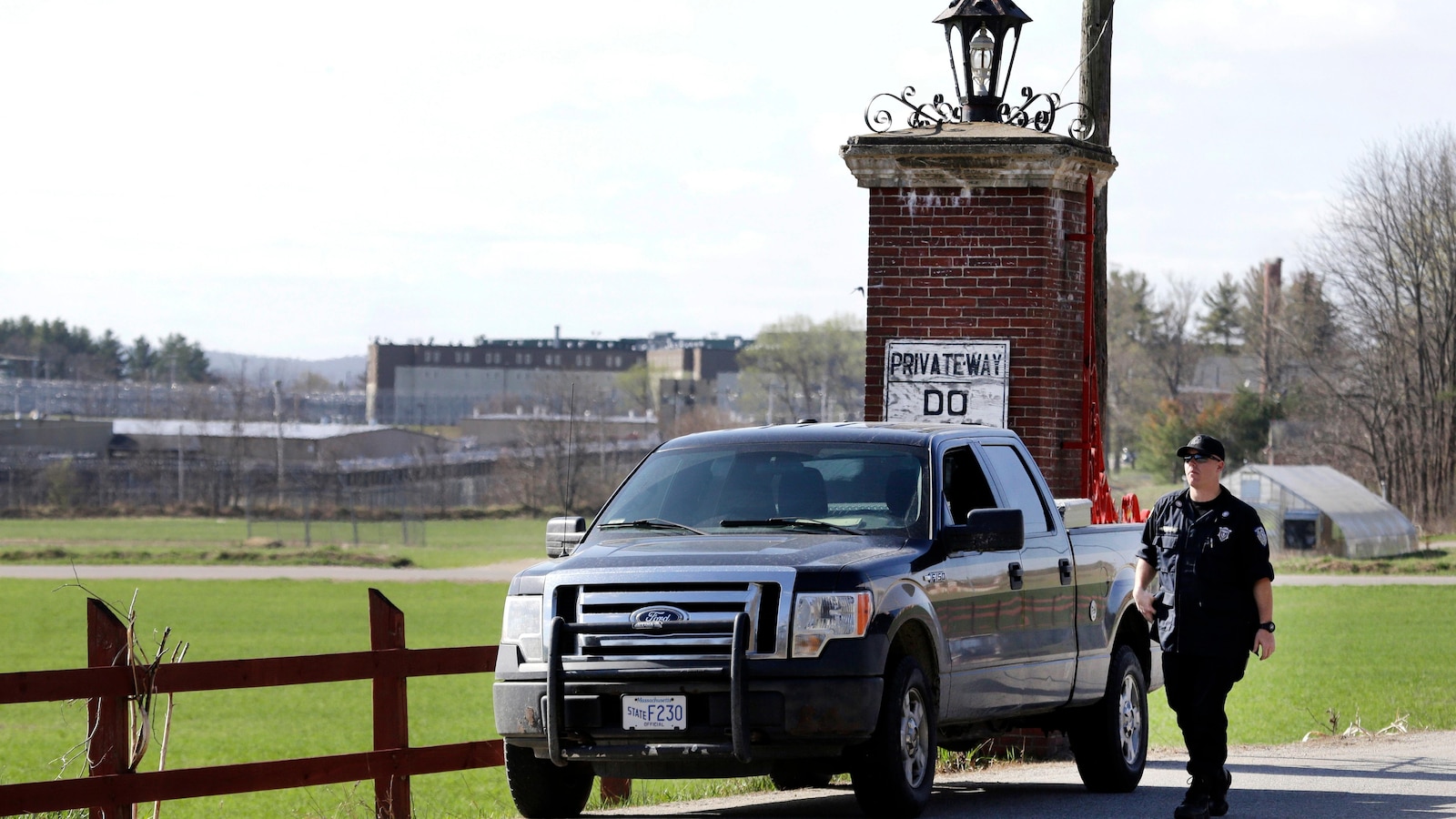
OCEAN CITY, Md. — Officials warned people to stay out of the ocean at several beaches in Maryland, Delaware and Virginia after they said medical waste, including hypodermic needles, washed ashore. The source of the waste was under investigation.
Officials banned swimming, wading and surfing at Assateague State Park Sunday morning after Maryland Park Service rangers found several needles and needle caps, feminine hygiene products and cigar tips along the beach, Maryland Department of Natural Resources spokesperson Gregg Bortz said in an email.
A few more needles were found Monday and the ban on swimming in the ocean continued at the park, he said.
There have been no reports of injuries or people encountering these items while swimming, Bortz said. The department was working with other local, state, and federal agencies to determine when it’s safe for people to enter the water.
All of Assateague Island National Seashore’s ocean-facing beaches in Maryland and Virginia were closed to swimming and wading.
Maryland’s Department of Emergency Management raised its state activation level to “partial” in support of the incident.
In Ocean City, Maryland, the beach patrol temporarily banned swimming Sunday after discovering medical waste on town beaches. Emergency Services Director Joe Theobald stressed in a statement that the situation was serious and said town officials were working with the Worcester County Health Department to investigate the source.
“Until we are confident that the situation is under control, we recommend wearing shoes on the beach and avoiding the ocean entirely,” he said.
On Monday afternoon, Theobald said the amount of debris had “significantly decreased.” The town was continuing to monitor the situation, particularly as the next high tide cycles approached Monday evening and Tuesday morning.
Delaware’s Department of Natural Resources and Environmental Control advised beachgoers to leave the beaches from the Indian River inlet to Fenwick Island Sunday afternoon and to refrain from swimming after reports of waste washing ashore on nearby Maryland beaches, the agency said in a statement. The department confirmed only minimal waste on Delaware beaches, including plastic caps and a single needle found near Dewey Beach.
“Despite the low level of waste observed, DNREC is taking the situation seriously and advising caution,” the agency said in a statement. The department maintains Delaware’s two state park beaches, but decisions about municipal beaches are up to town officials.
Delaware’s Dewey Beach temporarily barred swimming in the ocean Sunday. In an update Monday, the town said it was continuing to address the issue. Fenwick Island officials closed the beach for swimming Sunday and said in a statement that beaches would be inspected again late Monday and on Tuesday morning before a decision would be made on reopening.
Swimming enthusiasts in Maryland, Virginia, and Delaware have been left disappointed as authorities have banned swimming in certain areas due to medical waste contamination. The ban comes after reports of syringes, bandages, and other medical waste washing up on the shores of popular swimming spots.
The contamination is believed to have originated from nearby hospitals, clinics, and other healthcare facilities that may have improperly disposed of their medical waste. This poses a serious health risk to swimmers, as coming into contact with contaminated water can lead to infections and other health complications.
In response to the contamination, local authorities have issued warnings to residents and visitors to avoid swimming in affected areas until further notice. Signs have been posted along the beaches and waterfronts to alert the public of the potential danger.
The ban has sparked concern among residents and business owners who rely on tourism and recreational activities for their livelihood. Many are calling for stricter regulations and enforcement to prevent future incidents of medical waste contamination.
In the meantime, authorities are working diligently to clean up the affected areas and ensure that they are safe for swimming once again. This may involve increased monitoring of healthcare facilities’ waste disposal practices and implementing stricter penalties for those found in violation of proper disposal protocols.
As summer approaches and temperatures rise, the ban on swimming in Maryland, Virginia, and Delaware serves as a stark reminder of the importance of proper waste management and environmental protection. It is crucial for all individuals and organizations to do their part in keeping our waterways clean and safe for everyone to enjoy.


